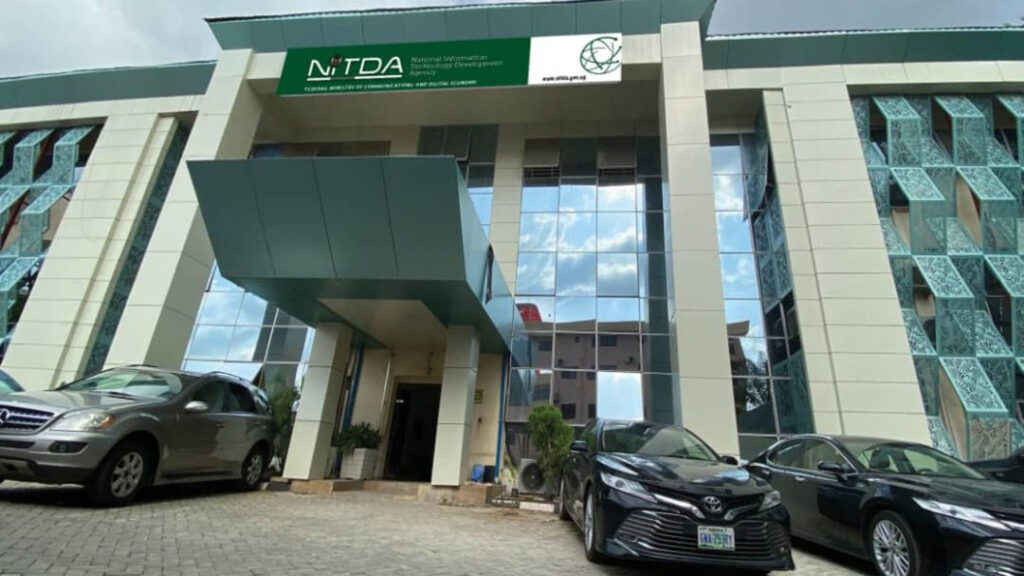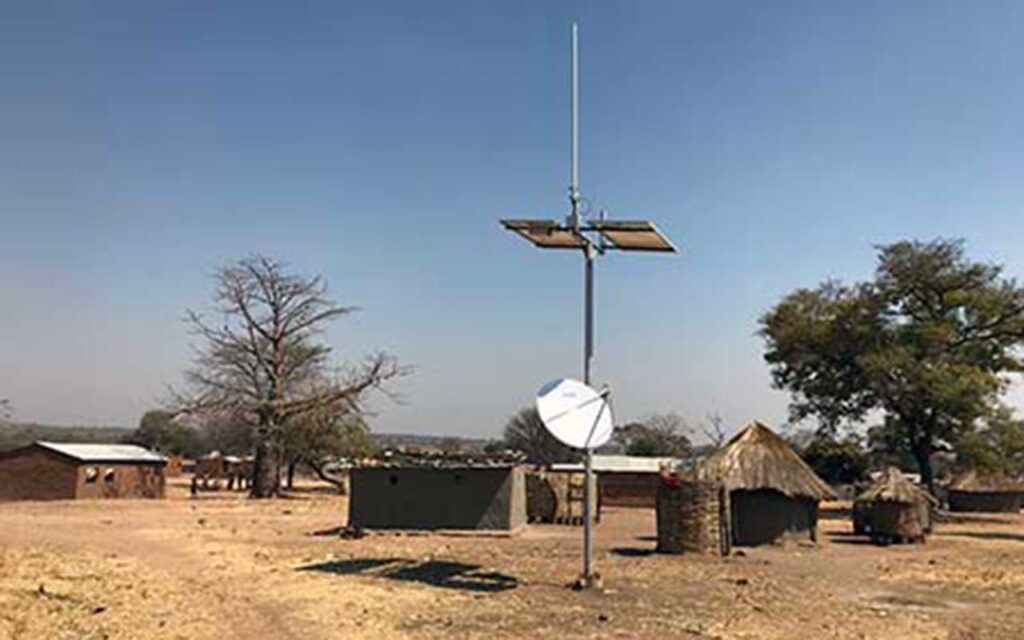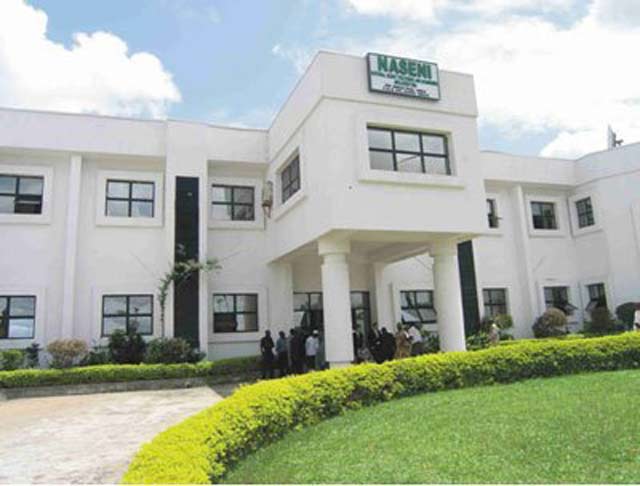
The Nigerian Communications Commission (NCC), is in the process of finalising the operational guidelines on national roaming (NR); infrastructure sharing guidelines, and business rules on active infrastructure sharing (AIS).
Going by the report of the public enquiry on the subject matter sighted by The Guardian on Monday, the NCC said based on its policy of participatory rule-making, the Guidelines and Business Rules were published on its website for comments from the general public, especially telecommunications operators and other stakeholders.
Further to this, the Commission received submissions from the following stakeholders: IHS Nigeria Limited; Alliance for Affordable Internet; ATC Nigeria Wireless Infrastructure Limited; Smile Communications Limited, and Airtel Networks Limited.
The Public Inquiry held virtually on December 16, 2020, was chaired by the Executive Vice Chairman (EVC) of NCC, Prof. Umaru Danbatta, who explained that the inquiry was part of the rule-making process adopted by the Commission to ensure wide consultations in the development of frameworks for the telecommunications industry.
Danbatta, represented by the Head, Telecommunications Law and Regulations Unit, NCC, Ms. Helen Obi, noted that national roaming and active infrastructure sharing are initiatives used in achieving improved coverage, cost reduction and efficient utilization of scarce network resources by regulatory agencies.
Further, he said the Commission has been driving collocation and infrastructure sharing through its licensing and regulatory processes. Commenting during the inquiry, IHS said the Nigerian telecoms industry was not mature for the introduction of AIS, giving the dearth of towers.
According to the operator, there are just over 30,000 towers to serve approximately 200 million people in Nigeria. In its opinion, the operator believed Nigeria needed more towers (i.e., 70,000 – 80,000) to meet coverage demands.
Responding, NCC noted that one of the objectives of active infrastructure sharing framework is to optimise operational expenses (OPEX) and improve capital expenditure (CAPEX) efficiencies.
As such, the Commission said AIS will enable the increased rollout of required infrastructure especially in currently uncovered areas as well as improve and extend coverage in already covered areas for operators. In addition, NCC said meeting rollout obligations is one of the prerequisites for entering into AIS arrangements.
IHS argued that AIS was more relevant in markets where independent Tower Companies (TowerCos) are mostly non-existent (e.g., Europe), since such markets must have achieved a significant maturity and tower density before the MNOs would be encouraged to actively share infrastructure.
In its opinion, this is not the case in Nigeria, where there exists licensed independent TowerCos, which only recently purchased majority of the tower assets from MNOs at a premium.
The telecoms regulator responded by saying that the operating environment in Europe and Nigeria is markedly very different. As a result, NCC said AIS is a means of ensuring the investments of operators are deployed in such a way that the national objective of providing telecommunications services to all Nigerians is enhanced.
IHS observed that Nigeria still grapples with poor quality of service (QoS) and intermittent disruption to service since the number of subscribers per tower sits around 5,700 (184,000,000 subscribers vs. 31,000 towers).
In the Operator’s view, AIS will reduce the number of towers and increase the number of subscribers per tower, hence hugely contributing to deterioration in quality of service.
According to NCC, there are checks and balances to ensure a proper review of all AIS arrangements between operators to ensure QoS is not impacted. On national roaming, Airtel Nigeria, said this should be driven by commercial expediency, not regulated by any government body, because it has complications of interoperability and this is laid out in GSMA Worldwide structures.
To NCC, national roaming is very similar to International Roaming in operational methodology, and aims to improve overall customer QoS experience across the country, and hence it is being instituted by the Commission to drive this objective.
According to Airtel, given that NR erodes the competitive advantage derivable from coverage, it could become a disincentive to making continued investment in network enhancement.
Airtel said that as such, an operator should not be constrained by a regulated pricing regime but be allowed to negotiate any potential roaming arrangement based on pure commercial parameters towards recouping such investments.
Replying, the telecoms regulator said it was the reason there is a three-year duration specified for NR agreement, and the requirement for NR seekers to continually deploy infrastructure to be less dependent on other networks. This, the Commission will monitor effectively to ensure that NR seekers continually rollout their own infrastructure.













